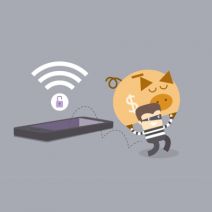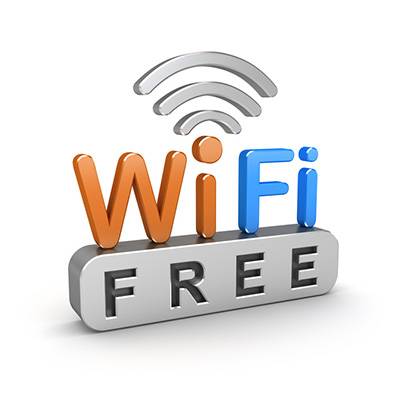Individuals and businesses are increasingly relying on wireless technologies to maintain constant connectivity because users rely on wireless networks. In recent years, numerous innovations have occurred in this space, and we thought that in this month's newsletter, we’d highlight some of the key innovations in the wireless domain that you should be aware of.
Computerware Blog
Your business depends on its wireless connectivity, but you might notice that there are various factors that can influence how well your devices can connect to your wireless networks. We’ve put together a shortlist of things that can get in the way of your Wi-Fi connection and what you can do to avoid them.
A wireless network is one of the most useful technologies you have in your home or office. Oftentimes, however, it is set up quickly and will have a hard time broadcasting a signal to the corners of your office. Today, we will discuss ways to ensure that your business (or your home) has the coverage you need it to have, and how to get it if it doesn’t.















